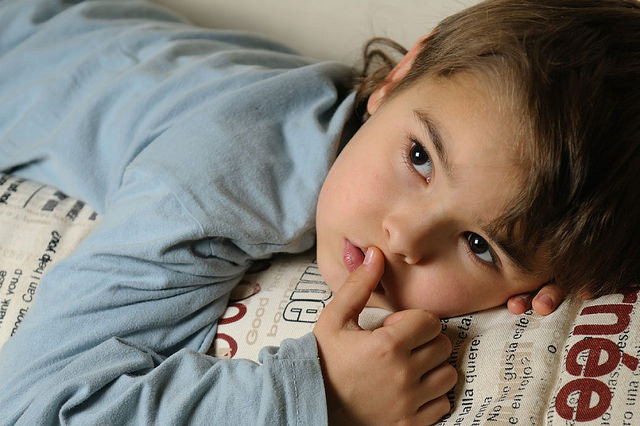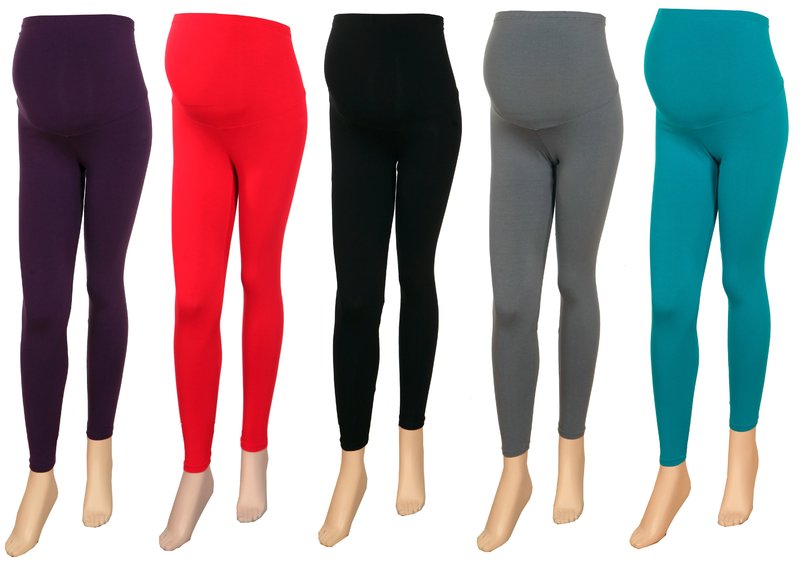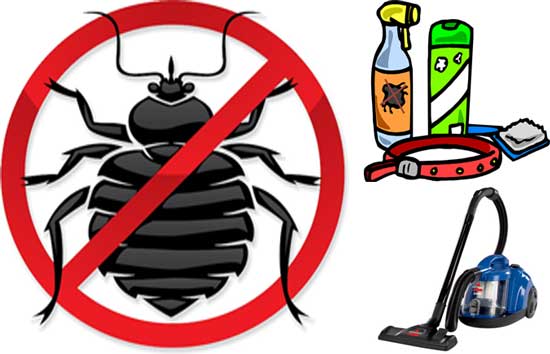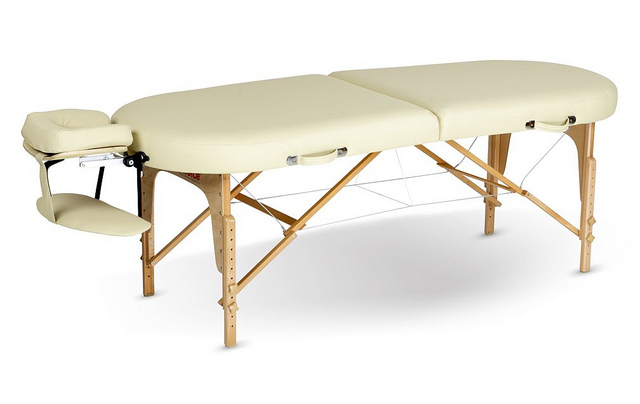Childhood incontinence and enuresis is a scary thing for children and their parents. We are dedicated to featuring articles and information on a wide variety of products to help manage your child’s bedwetting. We encourage you to talk with your child about the information you find on this site and we hope we are able to provide information and product links to help you cope with their bedwetting.
amzn_assoc_placement = “adunit0”; amzn_assoc_search_bar = “true”; amzn_assoc_tracking_id = “taphs-20”; amzn_assoc_ad_mode = “manual”; amzn_assoc_ad_type = “smart”; amzn_assoc_marketplace = “amazon”; amzn_assoc_region = “US”; amzn_assoc_title = “My Amazon Picks”; amzn_assoc_linkid = “ba3abec83af3d07a0e6a32cb2cf61630”; amzn_assoc_asins = “B0013LRVWA,B00J4HFSWA,B00A8GF6BO,B01LZW3R6U”;
All children fear that they are the only ones in the world who wet the bed. This is absolutely untrue! Current figures suggest that five to seven million kids in the United States experience bedwetting. This figure includes over 33% of 5-6-year-olds who cannot stay dry every night. These figures may surprise you, and they will definitely surprise your child.
It is true that bedwetting is more common in boys than girls, and even more common if both parents wet the bed as children themselves. In fact, if both parents experienced bedwetting as a child, then their children have a 70% chance of also wetting the bed.
No child should ever feel embarrassed, ashamed or punished for their bedwetting. This site will introduce products such as bedwetting alarms, disposable underpants and disposable briefs, books, and other resources to help your child manage their bedwetting.
While this site does feature disposable products, these should be used while away from home for short periods of time. We strongly recommend the use of a bedwetting alarm to train your child to stay dry at night. Information on bedwetting alarms and other articles of interest can be found throughout the site.
Buying Diapers and Underpants
 Many parents wrongfully assume not to use absorbent underpants such as Huggies, GoodNites or Luvs Sleepdrys because they feel their children will be embarrassed at having to wear a “diaper” at night. Many times, what the parents are feeling is a misplaced embarrassment they will feel themselves.
Many parents wrongfully assume not to use absorbent underpants such as Huggies, GoodNites or Luvs Sleepdrys because they feel their children will be embarrassed at having to wear a “diaper” at night. Many times, what the parents are feeling is a misplaced embarrassment they will feel themselves.
Some parents view bedwetting as a “family secret” and while bed-wetting is very common among school-age children, there is absolutely no reason why you should be telling your child’s friends and parents about their bedwetting. In fact, many parents share in their child’s fear and embarrassment when purchasing special undergarments such as GoodNites in the supermarket.
Purchasing products for an older bed-wetting child does not have to be embarrassing nor stressful to either of you. Take a look at the “older kids” section of the diaper aisle and you will notice there are several packages of GoodNites already missing from the shelves. Somebody else in the area must be buying bed-wetting products too.
Remember, how you deal with your child’s bedwetting has a direct effect on how they do as well. Treat bedwetting as something the child will outgrow and not that big of a deal. Your love and understanding make all the difference.
Bedwetting at Camp
Attending a week-long sleep over camp is one of the most exciting yet terrifying experiences for a child suffering from bedwetting. With some simple steps, however, a boy or girl who wets the bed can enjoy a fun-filled week at camp while maintaining their dignity and dry sheets.
Most medical forms for camps require that the parents note on the form if their child suffers from bedwetting. Since many parents are embarrassed, oftentimes this section is marked as “No” even when the opposite is true. This had led to several “accidents” at every camp and most camps take measures to protect bunk beds and mattresses whether parents noted it or not.
If your child is staying over at a camp that uses cabins and bunk beds, most bunk beds will already have the mattress enclosed in plastic sheeting. Many times, it takes a night without sleep just to get used to the rustling around of the 20+ kids on their plastic-covered mattresses.
When you arrive at the camp and check in to meet your child’s counselor, while your child is unpacking you can quietly pull the counselor aside and explain to them that your child wets the bed and that you hope the counselor will handle the problem delicately. Most kids who wet the bed will choose to take along protective underpants rather than a full fitted brief. Pack a number of Ziploc bags for your child as well.
Most camp-age children are self-conscious about changing clothes in front of other children and will do so in their sleeping bag. This will allow your child to slip the underpants on like underwear and also off in the morning.
By keeping a Ziploc bag also in their sleeping bag, they can put it in, zip it up, and dispose of it. Many times, disposing of the used pant is the toughest because there are always kids in the cabin going in and out. One mother reported that when she picked up her son, the entire weeks’ worth of bags was in the sleeping bag rolled up! Talk with your child’s counselor about disposing of the underpants.
Many times, a cabin will have two counselors and one will lead the kids to flag-raising and one stays behind for a few minutes to close the cabin. Ask that counselor if they can throw the used underpants away in a discreet place.
It is important to talk to your child about personal hygiene while they are at camp. The usual lecture about brushing their teeth applies, but for children who wet the bed, the added necessity of washing themselves and being clean is rather evident. Make sure your child understands that leaving any trace of urine on their skin will eventually start to smell and that they should take a shower and/or go swimming every day. In addition, young skin that has urine on it can become severely agitated when rubbed up against by shorts.
Many children fear going to camp because they think the camp’s nurse will have to “change their diaper,” get them ready for bed, or store their absorbent product for them in the health lodge, making them walk all the way up, put on their protection and then back. Then of course they will have to explain it to their friends and fellow campers in the cabin. While nurses do want to be advised of the situation, most prefer the children take it upon themselves to get ready for bed.
Going to an extended overnight camp is a great experience for every boy and girl. Do not let bedwetting interfere with enjoying this activity. Always remind your child they are in control.
Bedwetting and Your Child
Primary Nocturnal Enuresis also known as bedwetting can be a very traumatic situation for children as well as their parents to handle on a daily basis. For the children, it can be embarrassing, for the parents, it’s a frustrating issue that they may not understand. While this isn’t an easy issue for children to deal with, by being informed parents, you can help them get through this trying time.
Kids that have this problem are often described as deep sleepers by their parents. They may be hard to wake up and may even sleepwalk or have nightmares on a regular occasion. It is a common consideration among doctors that a child who is a bed wetter is a girl over the age of four and a boy over five years of age.
The most common reason for bedwetting in older children is a smaller than average bladder, or an over production of urine, which in turn, fills the bladder during the night. Physical causes are rare, but may include lower spinal cord lesions, congenital malformations of the genitourinary tract, and infections of the urinary tract or diabetes.
There are options available to parents to help their children deal with the issue and perhaps help solve it. The most important thing that a parent can do is to explain to the child that this isn’t their fault; it isn’t something that they can control. Bedwetting is believed to be inherited; it is likely that a parent, grandparent or other relative also has dealt with it. It might be helpful for that person to speak with the child.
Help your child to deal with it
 One of the most popular and convenient ways to deal with this problem is with a product that is made specifically for older children with this issue. It is made much the same way as a diaper, but is larger and less bulky. When a child is wearing it, the product is virtually undetectable by anyone. This makes it possible for older children to attend functions such as sleepovers without the worry of being embarrassed in the morning. These are disposable and really do help the child and the parent both deal with the issue of incontinence while sleeping
One of the most popular and convenient ways to deal with this problem is with a product that is made specifically for older children with this issue. It is made much the same way as a diaper, but is larger and less bulky. When a child is wearing it, the product is virtually undetectable by anyone. This makes it possible for older children to attend functions such as sleepovers without the worry of being embarrassed in the morning. These are disposable and really do help the child and the parent both deal with the issue of incontinence while sleeping
Some other effective methods are to limit the fluid intake before bedtime. This is especially true of drinks that include caffeine in the ingredients. The use of alarms to wake the child up one or two times a night to go to the bathroom may also help to prevent wet beds. There is also a moisture alarm, which only sounds if it gets wet with even a couple of drops of moisture. This devise allows the child to sleep uninterrupted until the need to wake up arises.
While these methods may work to help curb the bedwetting issue, they may not be all that is needed. A couple of options that are at the disposal of today’s parents are hypnotherapy and medicines. There have been studies done which have shown that hypnotizing a child may help to prevent the bedwetting.
There is a medicine that is known to help children deal with their bedwetting issues. Imipramine is a type of anti-depressant drug that has a relaxing effect on the bladder while it tightens the sphincter muscle. This in turn prevents the passing of urine. The downside to using this type of medication is that the habit will restart when the use of the medicine is stopped. These kinds of drugs are not often prescribed due to the fact that they have side effects associated with them, they are most often thought of as a last resort.
Whatever method you choose to help your child over this hurdle in life, the most important thing to remember is that bedwetting can have a devastating effect on their self-esteem. It is so important to make sure that they know that the fault is not theirs, there isn’t anything that they have done to cause this and that they will grow out of it.
More Water, Not Less, Will Help End Bedwetting
amzn_assoc_placement = “adunit0”; amzn_assoc_search_bar = “true”; amzn_assoc_tracking_id = “taphs-20”; amzn_assoc_ad_mode = “manual”; amzn_assoc_ad_type = “smart”; amzn_assoc_marketplace = “amazon”; amzn_assoc_region = “US”; amzn_assoc_title = “My Amazon Picks”; amzn_assoc_linkid = “ba3abec83af3d07a0e6a32cb2cf61630”; amzn_assoc_asins = “B0013LRVWA,B00J4HFSWA,B00A8GF6BO,B01LZW3R6U”;
Children are notoriously bad at drinking enough liquids. They are so busy playing they sometimes ‘forget’ to drink. Sometimes, children seem like camels - able to go for ages without having a drink. Obviously, when they are thirsty they will rush indoors for a drink. But often they look for sugary, caffeine-laden drinks which are great for quenching thirst, but do little for the body’s fluid levels.
That’s because the caffeine in many drinks leads to extra urination. The result is that more liquid goes out of the body than is taken in. And therein lies a problem. Your child’s body has inbuilt mechanisms to maintain the liquid levels. A lack of liquid intake, combined with the effects of caffeine in fluid output, means your child’s body requires more liquids to maintain the right balance. In other words, their body starts to demand more liquid.
That demand for extra liquids usually starts at the worst possible time - early evening. Your child is home from school or from a day playing with friends and they suddenly want a drink. They gulp down whatever you give them and demand more - and more. This is because their hydration levels are low and their body’s self defense mechanisms have kicked in to ensure that they don’t become dehydrated.
However, the body always takes in more than it actually needs - just to be on the safe side. So that excess has to go somewhere. It is taken out by the kidneys, converted into urine and placed in the bladder for urination. But this can take a few hours to occur. The result is that your child’s bladder has often not completed filling until after they have gone to bed.
If they have a poorly developed sense of bladder fullness while asleep, they will simply wet the bed. Many children wet the bed not because they drink too much, but because they don’t drink enough!
If a child drink plenty of water during the day, they need less during the evening. Also, because their body has had time during the day to regulate its water levels, there is less need for urinating at night. Hence if a child drinks more during the day, the likelihood of bed wetting is reduced. Preventing your child from drinking too much liquid is actually working against you; it makes bed wetting more likely.
The problem for many parents is encouraging children to drink enough water during the day. As ever, changing your child’s habits starts with changing your own.
Equally, raise the issue with school, suggesting that children should be encouraged to drink more. You don’t need to mention your child’s bedwetting - indeed you shouldn’t as it will embarrass your child. However, if you can get your child’s school to encourage more daytime drinking of water you’ll be helping the overall health of the whole school - as well as reducing bedwetting in your own child.
Popular Bed Wetting Solutions You Can Use
A huge number of children are affected by nocturnal enuresis, or sleep wetting, as it is often called. Although there is no specific treatment for this condition, parents can still find some good bed wetting solutions that work. This sort of problem is most common with children under the age of five – any extreme measures against it are simply not justified.
However, sleep wetting is a problem and it may become an annoying issue to deal with, both for parents and for the child. While children under five do not have obvious psychological issues related to this phenomenon, after a certain age they become conscious about it. This is when finding appropriate bed wetting solutions becomes important for the child’s social development.
How to diminish the negative effects of bed-wetting
While this problem is natural for small children, parents can still take a few steps and reduce the negative effects associated to it. Parents can start by investing some time in preventing the problem from taking place.
As part of the most commonly used bed wetting solutions, parents can control the levels of liquid their child drinks in the evening and before going to sleep. Diuretic drinks are those that fall in the following categories: caffeine containing, carbonated and acidic. Stopping your child from consuming them at night is an excellent bed wetting solution.
It also helps if the parent trains the child to go to the toilet right before going to sleep. It is important that a pattern is developed in this case and the child will learn to urinate at a specific hour in the evening.
Diapers
The diaper eliminates all the problems that affect the parents: having to change bed sheets every morning and it also helps the child sleep better and wake up in a dry bed. Older children might be against wearing a diaper, as they feel they are too old for that, so a simple change of term – from “diaper” to “night protection” is preferable. As an extra protection method, parents should also have protective plastic sheets because diapers are not 100% leak absorbents.
Medications
Some medications such as imipramine, anticholinergics and desmopressin may be more effective to help reduce bed wetting. While such drugs have high success rates, parents should also remember that they are chemical and hormonal substances, and long-term usage may lead to unwanted side effects.
As far as bed wetting medication is concerned, the opinions are varied, many parents trying to avoid this solution at all costs and teach the child to deal with the problem on their own.
Proper Use of Bedwetting Alarms
Bedwetting or enuresis is one of the more common behavioral problems with small children. Bedwetting occurs when a child, instead of waking up and going to the toilet, or just ‘holding it’; releases urine when the bladder gets full during sleep.
There are a lot of reasons for it – deep sleep, a small bladder capacity, an increased production of urine during night and constipation. Sometimes, even sensitivity towards certain foods can contribute towards enuresis.
Studies indicate that children who suffer from enuresis fail to register the connection between the urge to urinate and the need to wake up and go the bathroom. It is as if their brain was differently ‘wired’ and this basic behavior pattern is absented from their mental make-up.
A number of treatment options are available – medication, bed pads and bedwetting alarms. While medication always has its inherent risks, a bed pad is plain uncomfortable. Its plastic surface does not tend towards a relaxed sleep and neither does it sound the alarm when the child expels only a small amount of urine.
The safest bet for any parent of a child suffering from enuresis is a bedwetting alarm. This kind of an alarm has a sensory disc, which can be attached to the child’s underwear, which in turn is connected to a device, which sounds an alarm immediately when the disc registers moisture. The theory is that if you are successful in waking up the child as soon as he feels the urge to urinate, you can train him to go to the bathroom immediately.
The child’s brain registers the connection between these two acts and learns this behavior. Eventually the child will learn to get up without the need for an alarm and bedwetting would stop.
Because they instigate a behavioral change in the child, the use of bedwetting alarms is highly recommended. In fact, studies show that these devices have success rate of 60% to 80%. While medication is a stopgap arrangement, the alarms teach the child a lifelong habit. These devices usually have a standard mode of operation.
The alarm is connected by cable to a small sensor. This sensor is attached to the outside of the child’s underwear. The child might sleep through the jarring alarm, pull it off during sleep or refuse to use it. In these cases, parents have to proceed with extreme patience. They would have to help the child to wake up during the night and eventually he will learn to respond to the alarm.
A restless sleeper might dislodge the sensor. Thus, it is necessary to choose a model that adheres firmly to underwear, while at the same time is not uncomfortable. In the case of a child’s refusal to its usage, you should attempt to demonstrate its operation. Listen to his objections and persuade him by adequately addressing his concerns. However, in no situation should a bedwetting alarm be forced upon the child.
More on prettylittleus.com
[columns_row width=“third”] [column]Baby Products
√Bed Rails[/column] [column]New Mom Essentials
♦Maternity Leggings[/column] [column]Others
♥Best Adderall Alternative[/column] [/columns_row]



